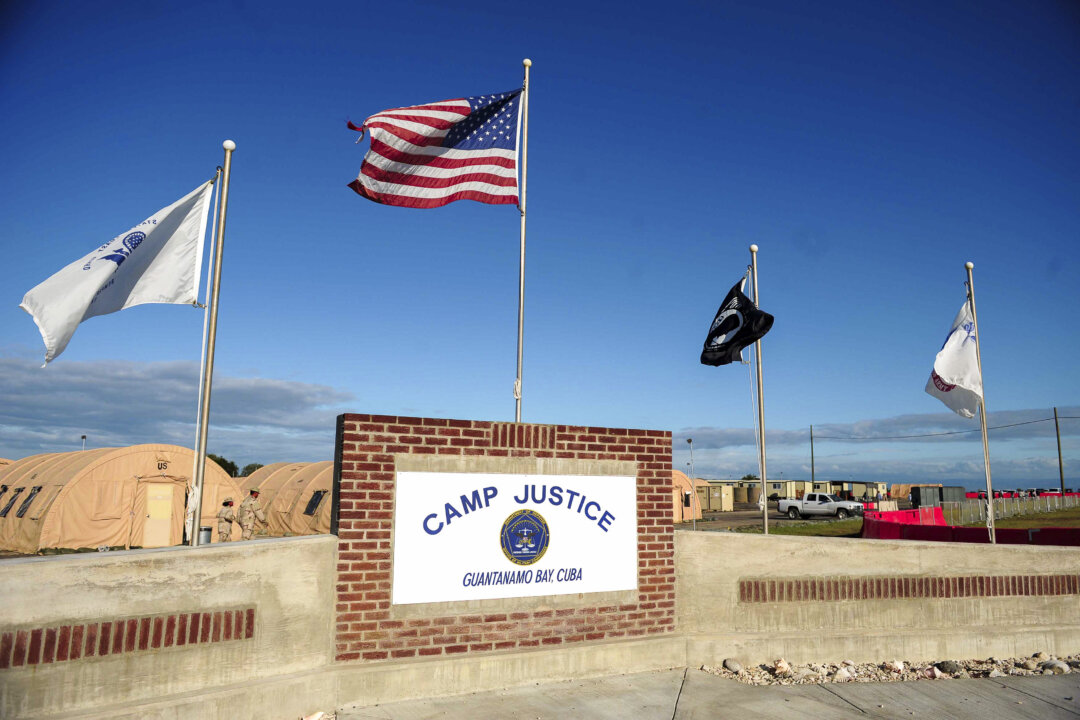
A military judge has revived a set of plea deals for three defendants standing trial for the Sept. 11, 2001, terrorist attacks, after Secretary of Defense Lloyd Austin previously intervened to block the plea agreements. The defendants are charged with conspiracy, attacking civilians, intentionally causing serious bodily injury, murder in violation of the law of war, hijacking or hazarding a vessel or aircraft, and terrorism in an attack on U.
S. soil that killed nearly 3,000 people and left many more wounded. The plea agreements would spare the defendants the risk of the death penalty in exchange for their guilty pleas.
McCall concluded that Austin did not have clear authority to withdraw the plea agreement as per his Aug. 2 memorandum. “Withdrawal authority belongs to the convening authority alone and is not subject to a limitation as the Secretary may prescribe.
The Secretary of Defense did not purport to make himself the Convening Authority for this case,” McCall wrote. McCall further concluded that even if Austin had clearly reserved authority to decide whether the prosecution could enter into a pretrial agreement with the defendants, the defendants had already begun to perform the conditions of the pretrial agreement by the time Austin had intervened to withdraw the agreement. “If an accused begins performance of the terms of a PTA [pretrial agreement], the convening authority loses the right to withdraw from the deal,” the military judge wrote.
It’s not yet clear if the U.S. government will appeal McCall’s ruling.
The Epoch Times reached out to Austin’s office for comment but did not receive a response by publication time. While families of some of the victims and others are adamant that the 9/11 prosecutions should continue until trial and with the possibility of the death penalty, the cases have undergone years of delays and legal challenges. If the 9/11 cases do clear the trial and sentencing phase, the U.
S. Court of Appeals for the District of Columbia Circuit will likely hear many challenges as the defendants appeal any death penalty sentences. Appeals could focus on the CIA’s alleged destruction of interrogation footage and the degree to which the defendants’ claims of torture impact the admissibility of the evidence against them.
Appeals could also touch on whether Austin’s Aug. 2 memo constituted undue interference in the prosecution..














